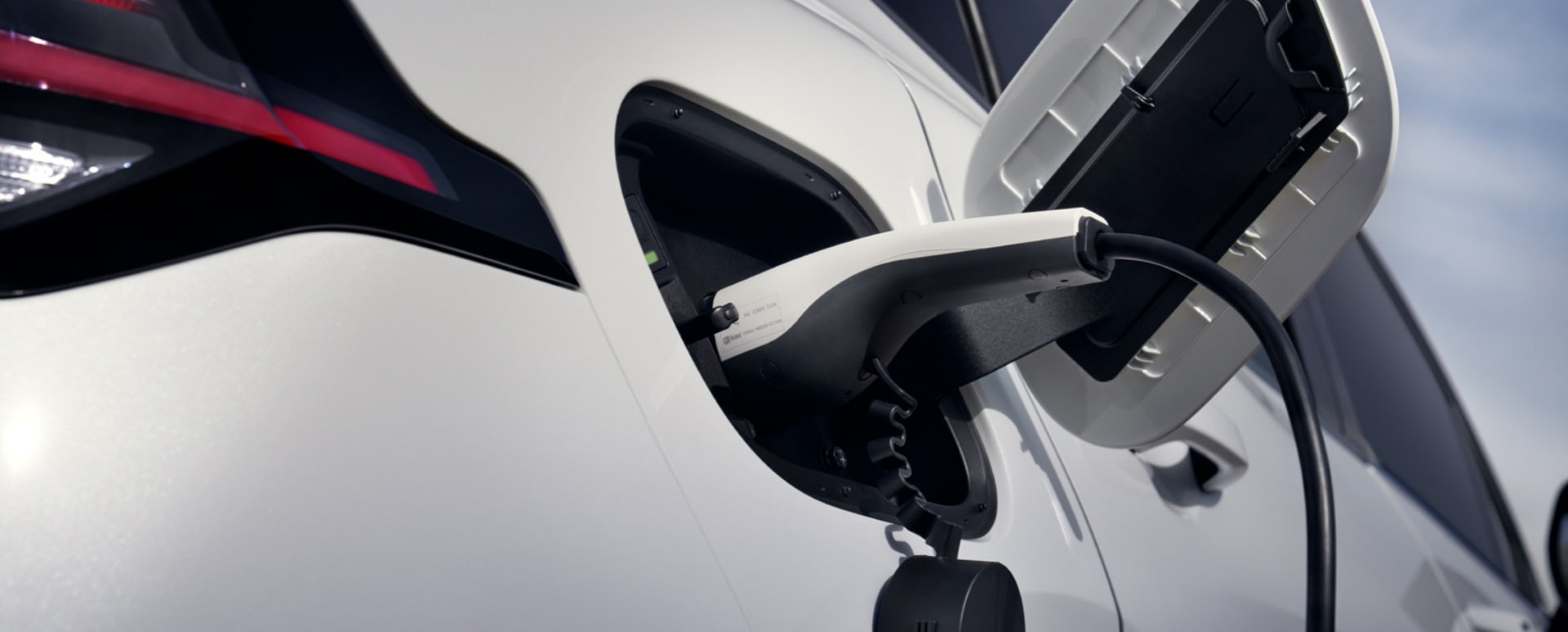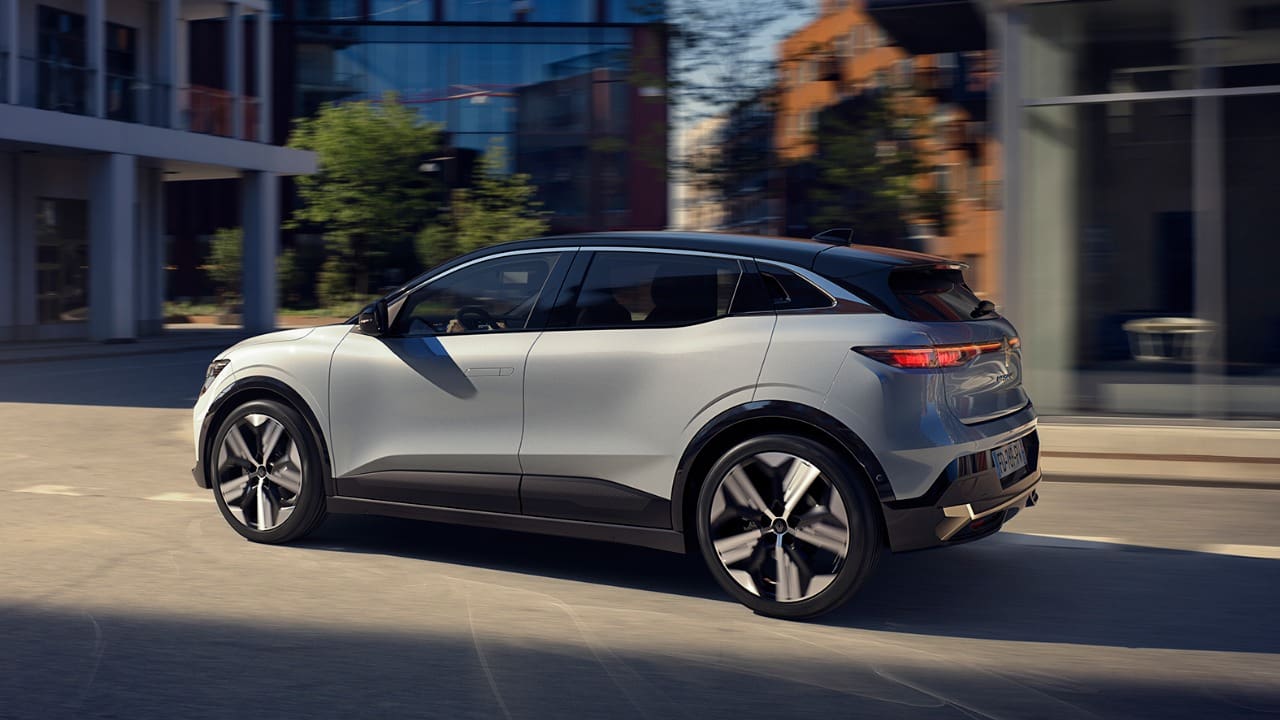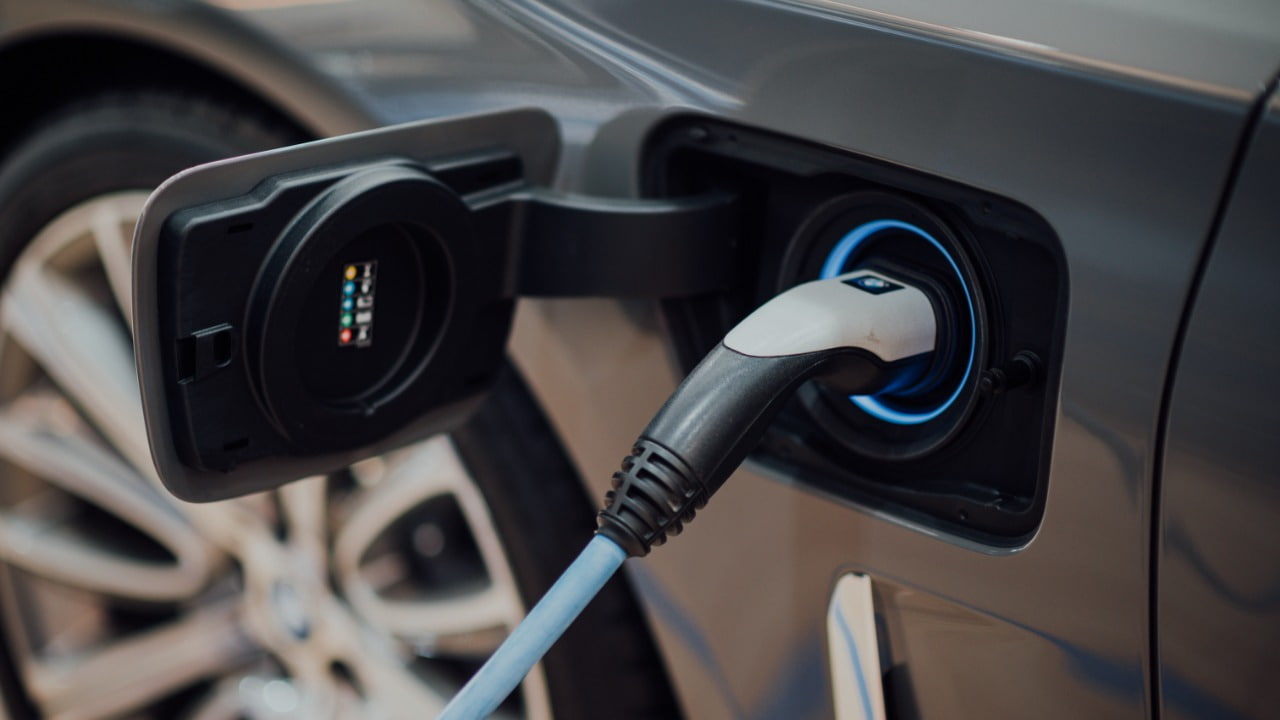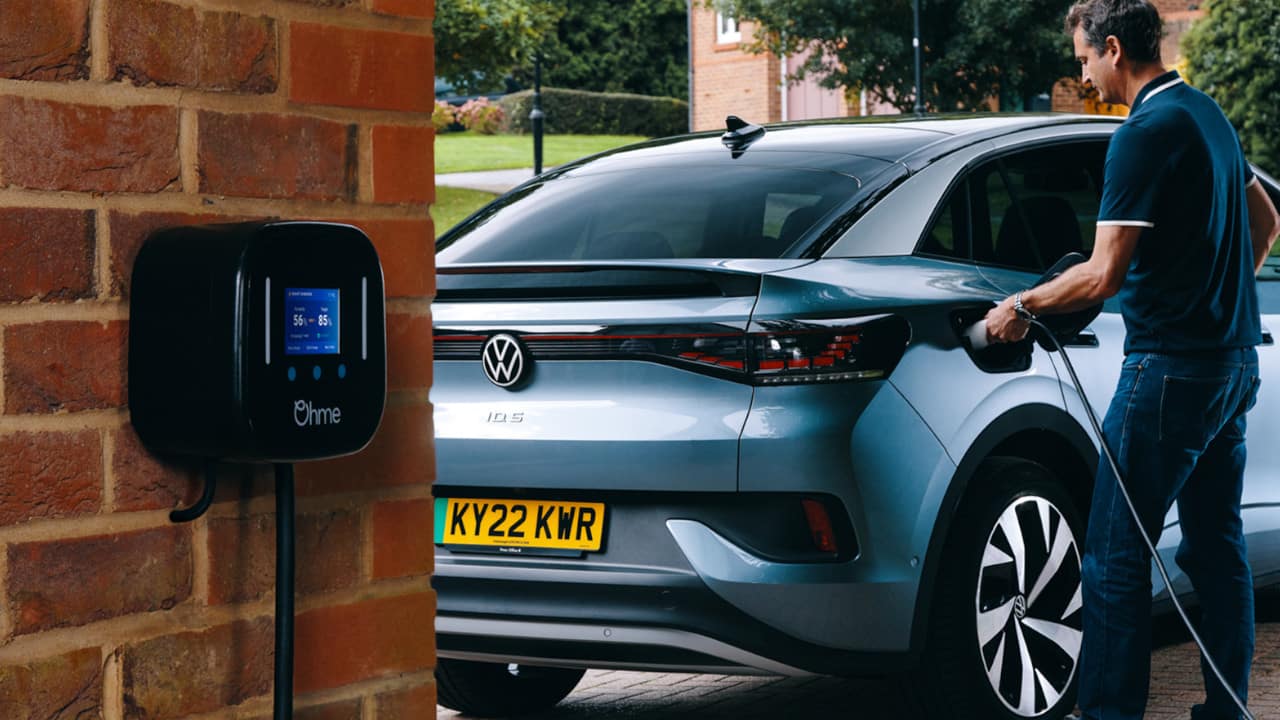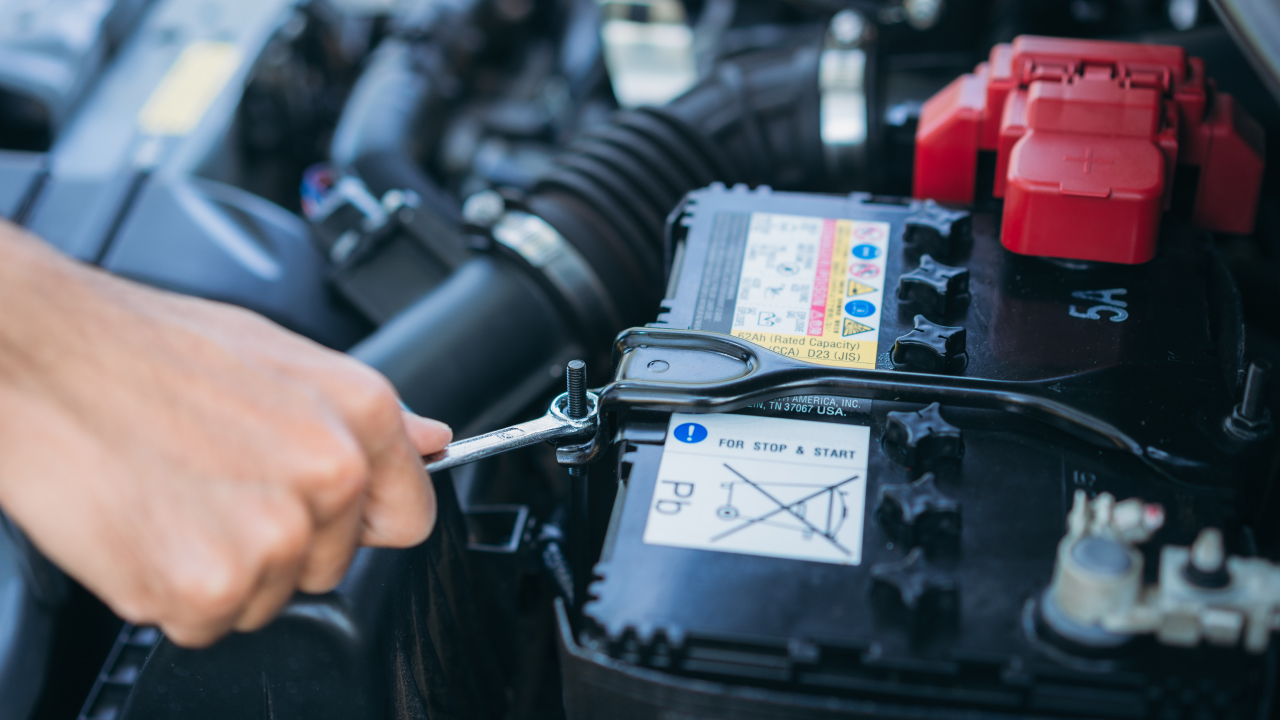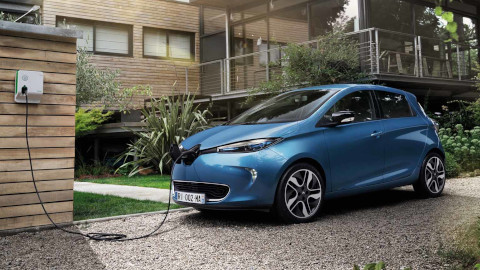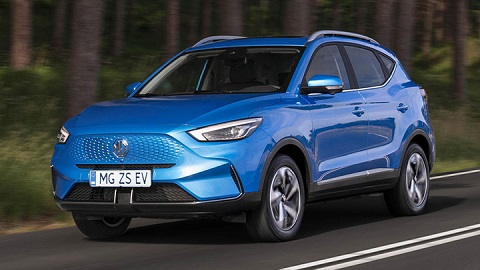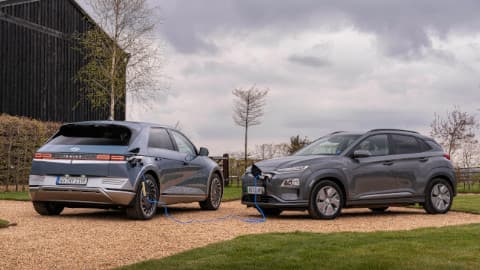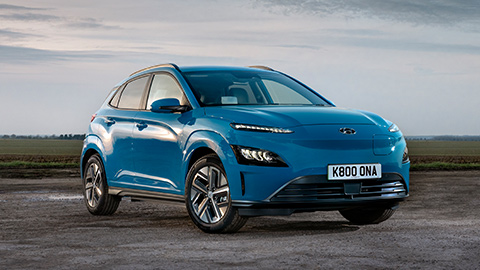Electric cars (EVs) have soared in popularity over the past few years, and it’s not hard to see why. Rising fuel prices, expanding clean air zones, and the looming 2030 petrol and diesel ban are driving many motorists to rethink how they travel.
But while EVs have earned plenty of attention, you may still find yourself asking: are electric cars really worth it?
In this guide, we’ll explore the pros and cons of electric cars to help you decide if they’re the right choice for your lifestyle, needs, and budget.
Benefits of electric cars
There’s a lot to like about EVs, from cleaner emissions to smoother drives and serious savings on fuel. Here’s a breakdown of the biggest benefits that are winning drivers over.
Low Running Costs
One of the biggest draws of electric vehicles is the potential to save money over time, especially when it comes to daily running costs.
Electricity, especially when used from home, is significantly cheaper than petrol or diesel, as many EV drivers pay just a few pence per mile. For those who do the majority of their charging at home, the savings can be substantial over the life of the car. Even those using public chargers can benefit from lower per-mile costs, particularly if they use slower overnight chargers.
Maintenance is another area where EVs have a clear advantage. Because they have fewer moving parts, they avoid many of the common problems that come with petrol or diesel cars. There’s no need for oil changes, exhaust repairs, or timing belt replacements, and while tyres, brake pads, and cabin filters still require attention, overall servicing tends to be simpler and more affordable.
Though previously there was no road tax to pay on EVs, they're no longer exempt from road tax (Vehicle Excise Duty), but this new cost still doesn’t outweigh the ongoing savings most drivers make on fuel and servicing.
Low Environmental Impact
EVs don’t pump out emissions from a tailpipe, which makes a noticeable difference in towns and cities where air pollution is a problem. And while building electric cars does still have an impact, especially when it comes to the batteries, they tend to be much cleaner to run over their full lifespan compared to traditional cars.
If you’re charging your EV at home and using renewable electricity, you’re going a step further. More and more drivers like the idea of cutting their environmental impact, and driving electric is one of the most straightforward ways to do that.
Driving Experience
Many people are surprised by how enjoyable it is to drive an electric car, with one of the first things drivers notice being the quietness. Without the constant rumble of an engine, EVs provide a calm and refined experience, particularly when driving in traffic or through residential areas.
Acceleration is another area where electric vehicles stand out. Power is delivered instantly and smoothly, without the need to change gears or wait for the engine to respond. Even larger models can feel quick and responsive, offering a driving experience that is often more engaging than many expect.
Thanks to the battery being mounted low in the chassis, EVs also tend to have a lower centre of gravity. This improves balance and stability, making them feel more planted on the road. Overall, the combination of quiet operation, immediate acceleration, and solid handling makes driving an EV relaxing and enjoyable.
Ease of Charging
A common worry when switching to an EV is the availability of charging points. But this shouldn't be something that holds you back from buying an electric car, as there are so many options when it comes to charging.
With plenty of affordable charging stations around the country that are constantly being improved and added to, you can charge your car in service stations, at roadside points, and you can even have a home charging point installed, making owning an EV an easy and hassle-free experience.
Home charging is a real benefit for electric car owners, as it gives you the freedom to charge your car overnight from the comfort of your own home. You can even get the majority of the installation cost of a home charger covered by the EV charge point grant through the government, saving you even more money.
No Congestion Charge
One of the standout advantages of owning an electric car is the exemption from congestion charges in many cities in the UK, making daily commutes both smoother and more cost-effective.
In built-up areas with heavy traffic, congestion charges are often imposed to curb traffic jams and reduce pollution. However, electric vehicle owners enjoy a clear advantage. They're typically granted an exemption from these charges, allowing them to navigate through city centres without incurring additional fees.
Additionally, in cities like London, where congestion charges can be quite substantial, the savings over time can be significant. It's a win-win situation for both your wallet and the environment, making electric cars a practical choice for city driving.
Exempt from the ULEZ charge
Ultra Low Emission Zone (ULEZ) is an initiative aimed at reducing air pollution by imposing fees on vehicles that don't meet strict emissions standards. If you reside in London, you'll appreciate yet another perk of electric cars: exemption from the ULEZ charge.
Electric vehicles (EVs) are inherently cleaner, emitting zero emissions. Consequently, they're typically exempt from the ULEZ charge, regardless of whether the zone is in operation in your city or if it expands in the future.
So, while others may be burdened by additional fees when driving in areas with ULEZ restrictions, you can enjoy the freedom of navigating these zones without any financial penalties. This exemption not only saves you money but also aligns with your commitment to a greener and more sustainable way of life.
Government grants for electric cars
The government actively supports the purchase of electric vehicles (EVs) through various incentives that primarily focus on reducing the cost of owning an electric car.
Incentives exist for home charging point installations, workplace charging schemes, and, as aforementioned, exemptions from congestion charges and ULEZ fees. These combined efforts have been put in place to encourage the purchase of electric vehicles across the UK.
Cons of electric cars
Of course, EVs aren’t without their downsides. Before making the switch, it’s important to consider the limitations of electric cars, especially when it comes to charging, upfront cost, and driving habits.
Range Anxiety
Even though electric cars today can go much further on a single charge than they could when first introduced, a lot of drivers still feel uneasy about the idea of running out of battery before they reach their destination.
This feeling, often called range anxiety, comes from not knowing for sure if there’s going to be a charger nearby when you need one, especially if you're driving somewhere rural or unfamiliar.
For most day-to-day trips, the range is more than enough, but the worry tends to creep in when planning longer journeys or driving in areas without many public chargers. You start thinking about backup plans, detours, and how long a charge might take, which can make what should be a simple trip feel a lot more complicated.
Even if the actual risk of running out is low, the mental burden of always having to think about range is something many people still find off-putting.
Charging Times
Charging an EV isn’t as quick or straightforward as filling up with petrol, and that’s one of the most common complaints from drivers who are new to electric cars.
If you’re charging at home overnight, it’s pretty painless - just plug in and wake up to a full battery. However, if you're charging whilst out on the road, things aren’t always as smooth.
Ultra-rapid chargers are becoming more common and can add a good chunk of range in the time it takes to grab a coffee or stretch your legs, but they’re not everywhere just yet. Some locations still rely on slower units, which can mean longer stops, especially on less-travelled routes.
That said, the charging network is expanding quickly, and for many drivers, the occasional longer stop is a trade-off they’re happy to make, especially if it means lower running costs and a quieter, cleaner drive. Like anything new, it takes a little adjustment, but once you find your rhythm, charging usually fits more easily into your routine than you might expect.
Battery Life
Battery life is a big talking point when it comes to electric vehicles, and while the technology has come a long way, it’s still something people worry about. Most EV batteries are designed to last for many years, and manufacturers usually back them with long warranties, often around eight years.
Replacing a battery isn’t cheap, and although it’s not something that comes up often, the idea of facing a big repair bill down the line can make some people hesitate when it comes to buying an EV.
Are electric cars worth it?
Ultimately, whether an electric car is worth it depends on your lifestyle, driving habits, and what you value most in a vehicle. If you mostly drive locally, have access to home charging, and want to reduce your running costs and carbon footprint, then an EV can be a smart and satisfying choice. The smooth, quiet drive and lower day-to-day expenses are a big draw for many drivers.
However, if you often take long journeys through areas with limited charging options or do not have access to a driveway or home charger, owning an electric car might not be right for you. The technology is moving quickly, and what feels like a compromise today may be solved in the near future.
If you’re looking for a balance between electric efficiency and the flexibility of traditional fuel, a full hybrid (HEV) or plug-in hybrid (PHEV) could offer the best of both worlds, especially for drivers not quite ready to go fully electric.
Find your perfect next car with Evans Halshaw
Whether you're ready to go fully electric or just want to see what's available, we have a wide selection of electric cars from practical city models to long-range family SUVs.
Still deciding? We also offer a great choice of petrol, diesel, and hybrid vehicles to suit every lifestyle and budget.
Visit your local Evans Halshaw retailer to speak to one of our experts, take a test drive, or simply get honest advice on your next car.

